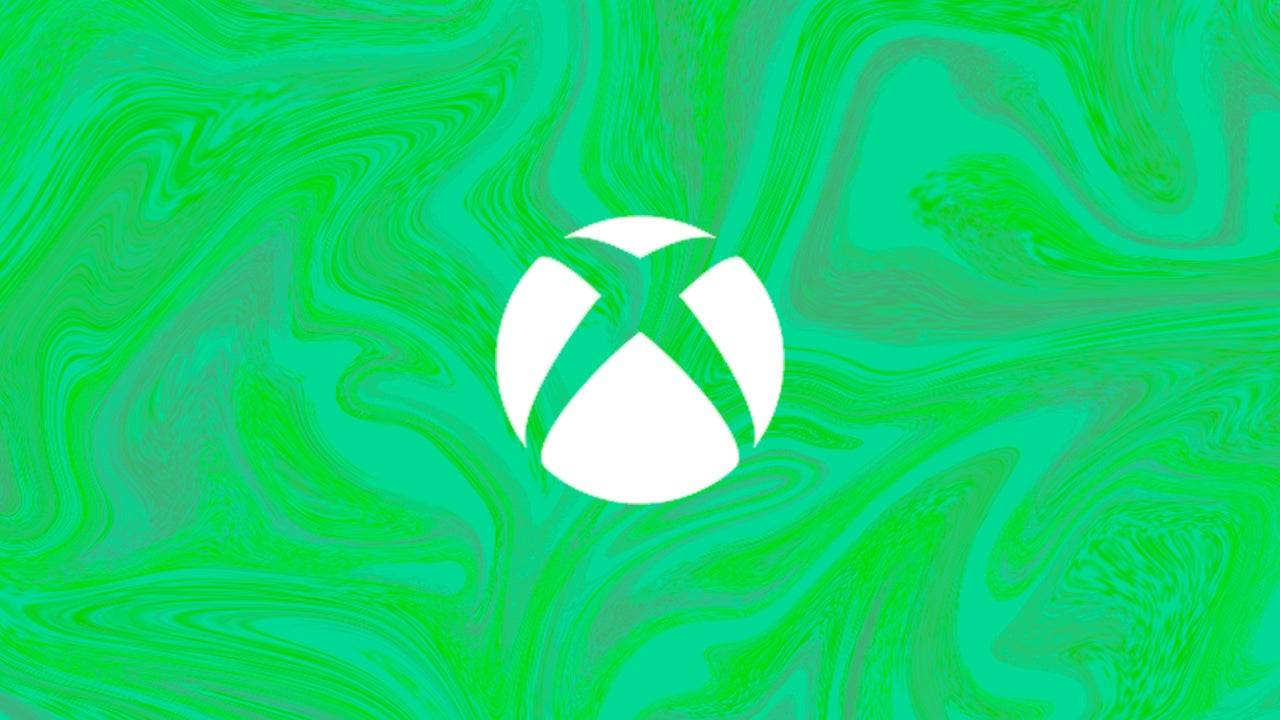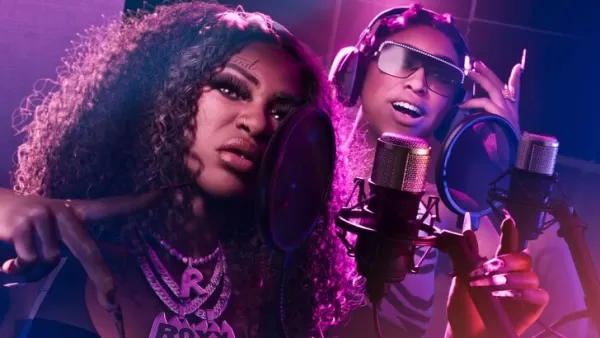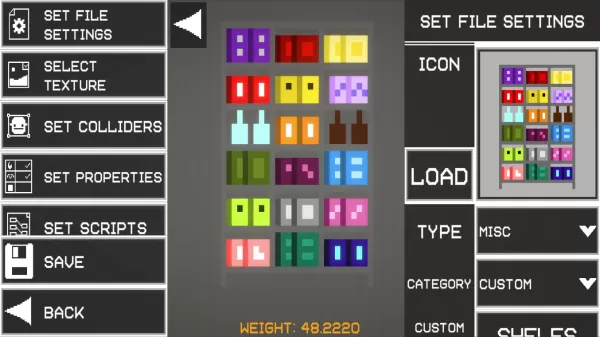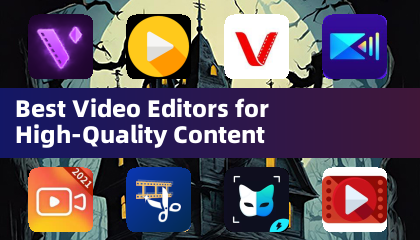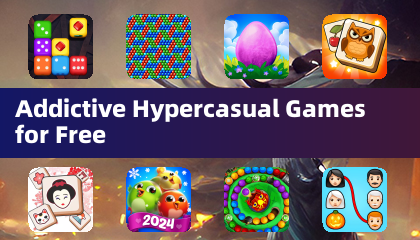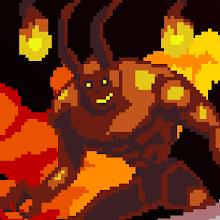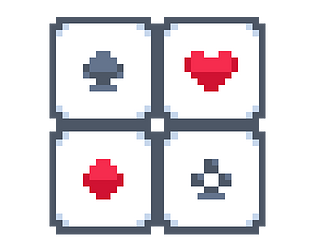Five years ago, Mike and Amy Morhaime founded Dreamhaven with a vision to create a sustainable hub for game studios. In an interview, the founding members expressed their goal to support not only their own studios, Moonshot and Secret Door, but also to collaborate with other partners. Mike Morhaime ambitiously stated, "We want, if I may be so bold as to say, to be a beacon to the industry," using the company's lighthouse logo as a metaphor. Their aim was to showcase a better approach to the business of games, focusing on excellent products, financial success, and a positive work environment that could uplift the entire industry.
At the time of Dreamhaven's inception, numerous studios led by former AAA developers were emerging, each promising a more sustainable future. However, the gaming industry has faced significant challenges since then, including a global pandemic, economic instability, mass layoffs, studio closures, and project cancellations. Many of these visionary studios have either shut down before launching their games or postponed their aspirations.
Dreamhaven, however, has thrived. Recently, they partnered with The Game Awards for their first showcase, unveiling four games. Two are internally developed: Sunderfolk, a turn-based tactical RPG with couch co-op, set to release on April 23, and the newly announced Wildgate, a crew-based first-person shooter centered around space heists. The other two games, developed externally but published by Dreamhaven, are Lynked: Banner of the Spark, an action-RPG from FuzzyBot that's already in early access with a full launch planned for May, and Mechabellum, a turn-based tactical auto-battler from Game River, which launched last September and aims to stay fresh with Dreamhaven's support.
Dreamhaven is also actively supporting ten other external studios, many founded by ex-AAA developers, through investments, consultancy, and fundraising. Mike Morhaime shared at the Game Developers Conference (GDC) that Dreamhaven aims to create a "net" to "capture some of this great talent that was dispersing" across the industry. He emphasized the importance of relationships and the desire to help these studios succeed.
Wildgate - First Screenshots
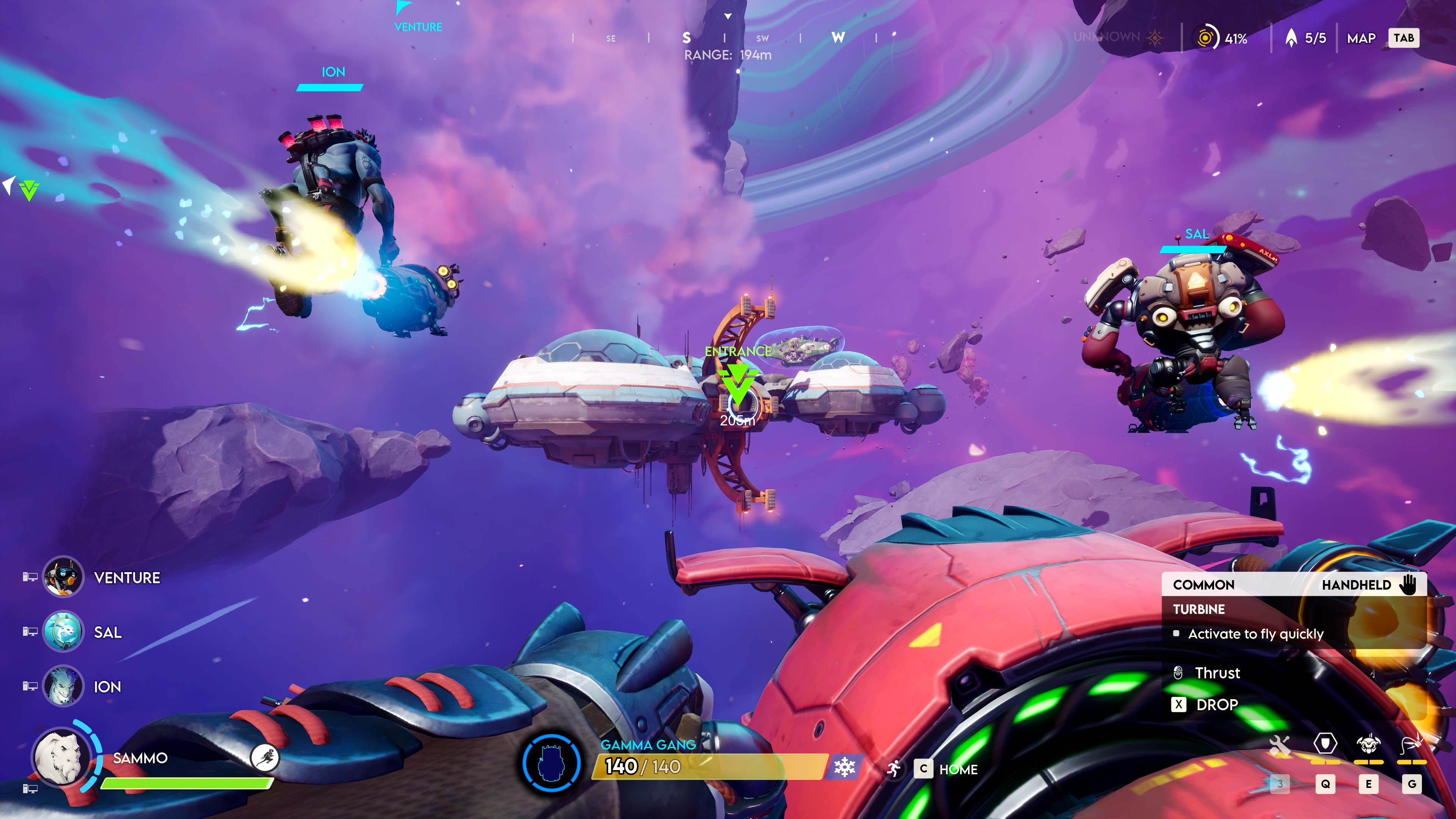
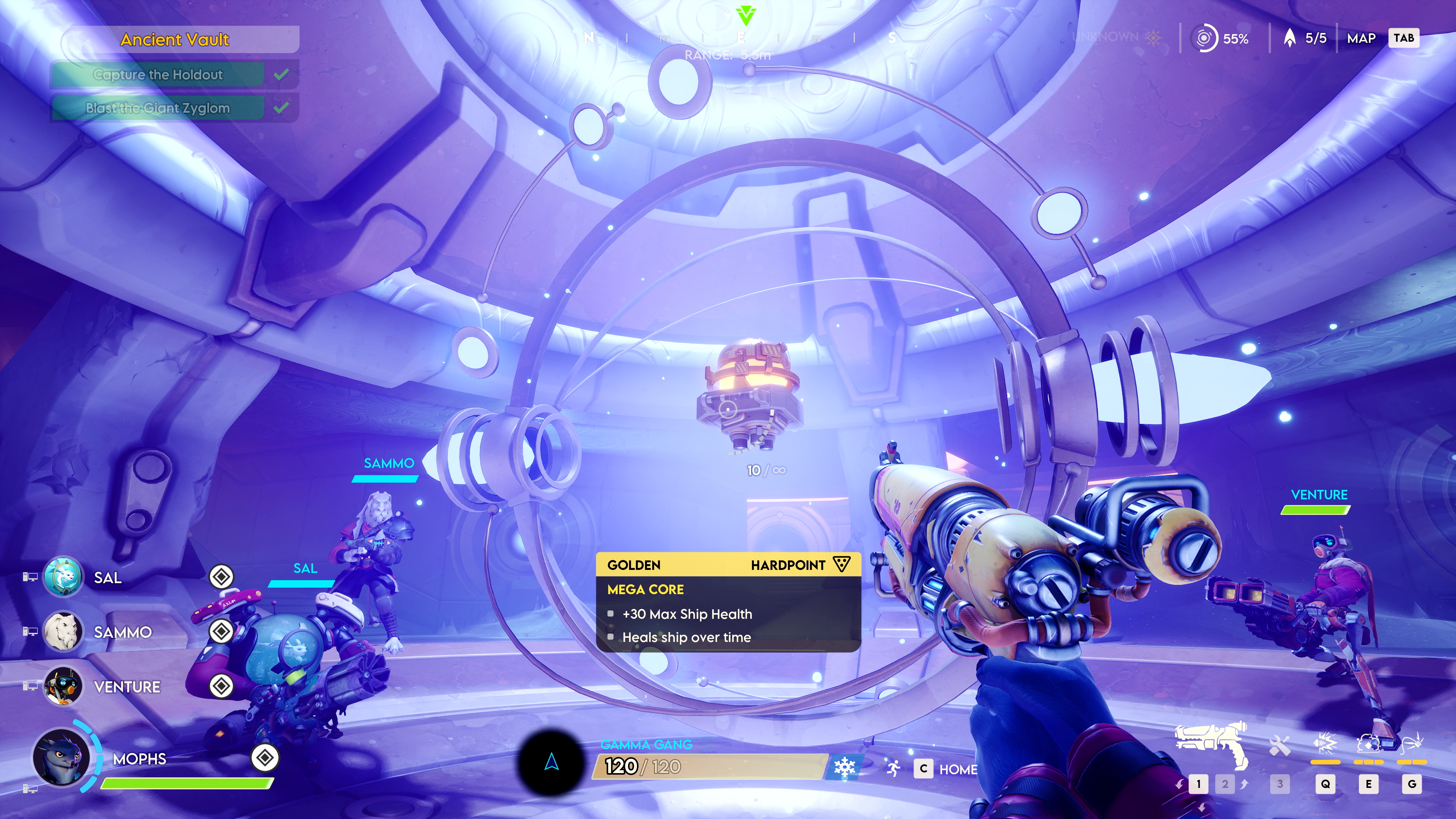 10 Images
10 Images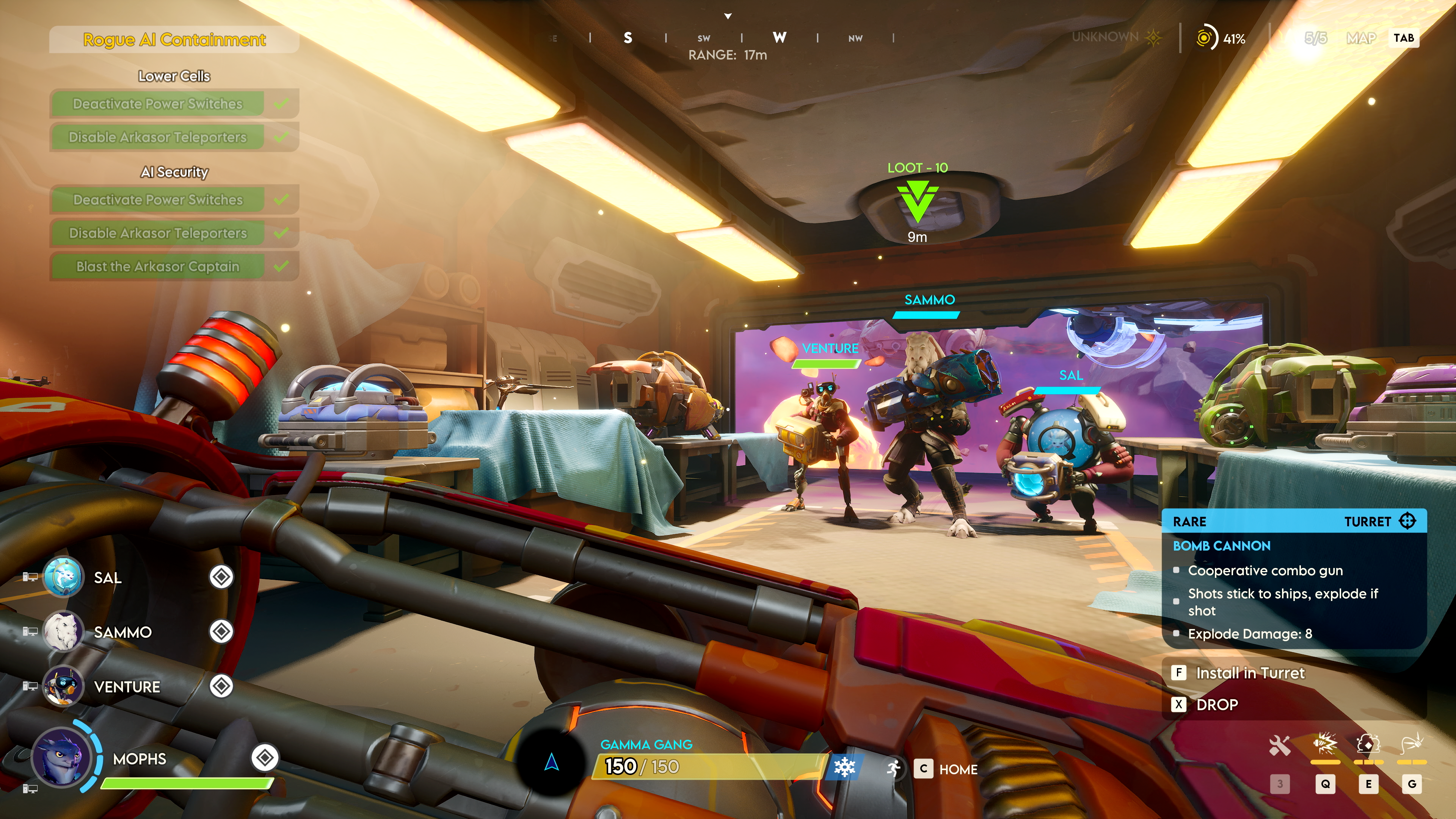
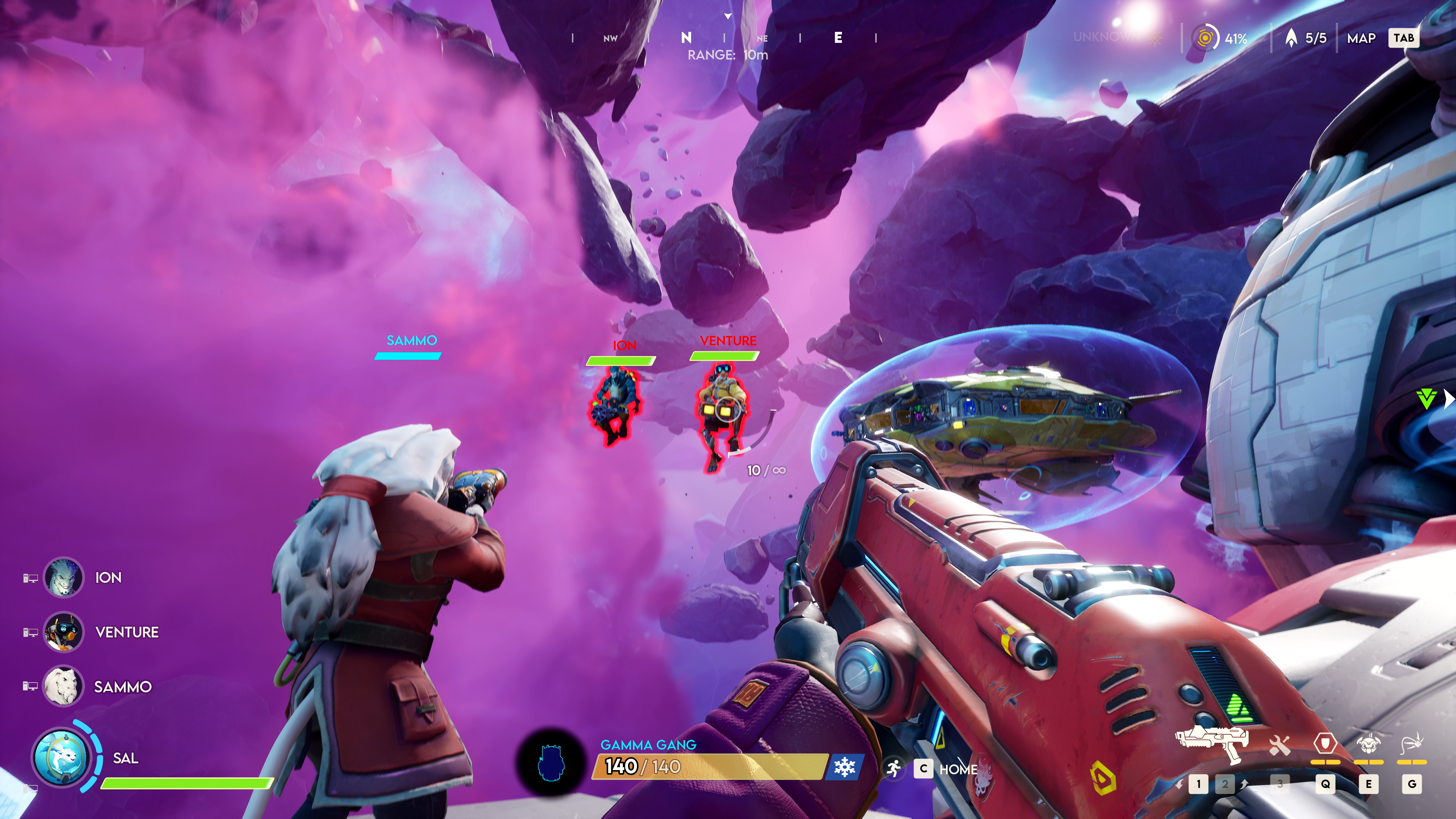
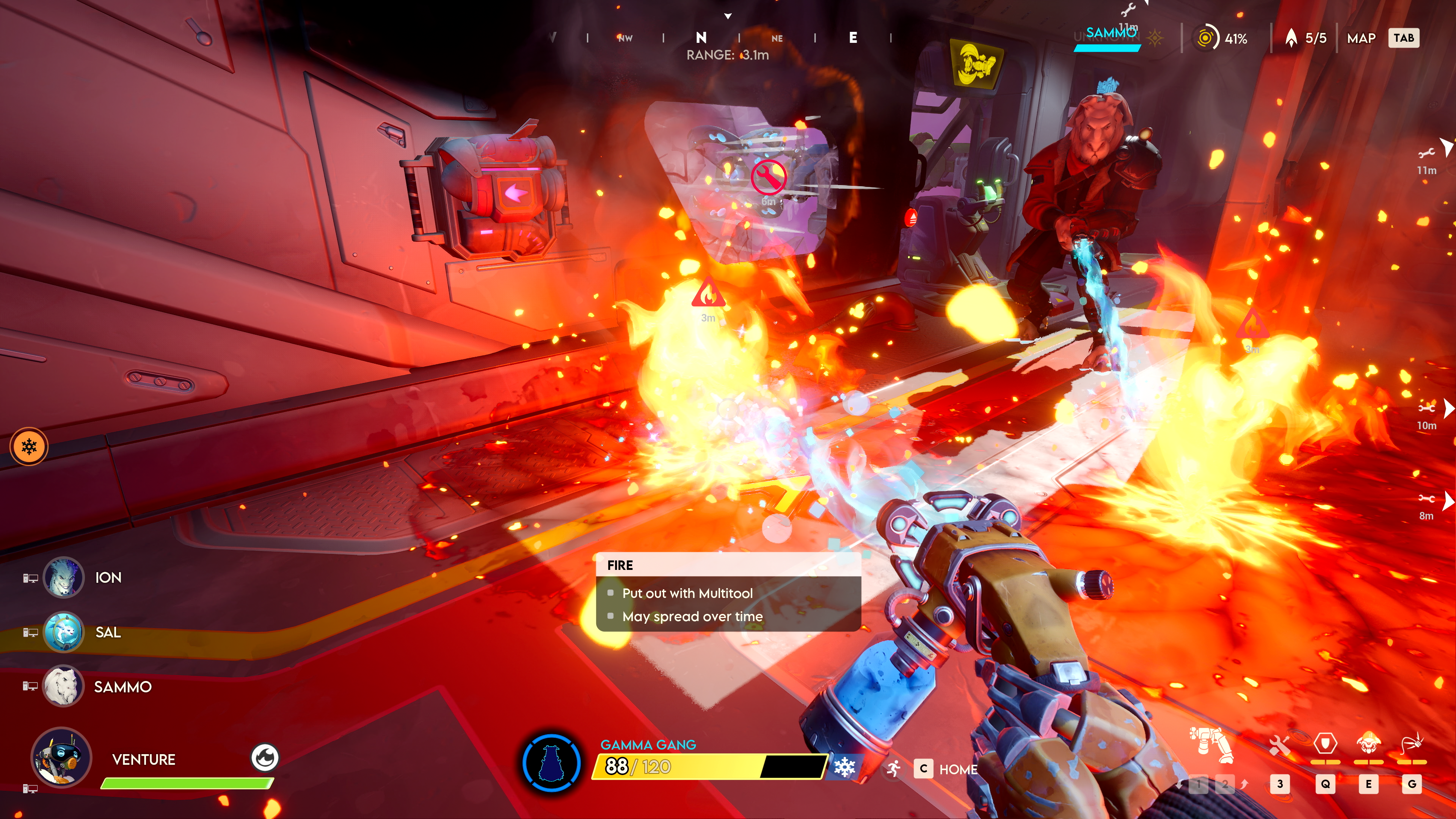
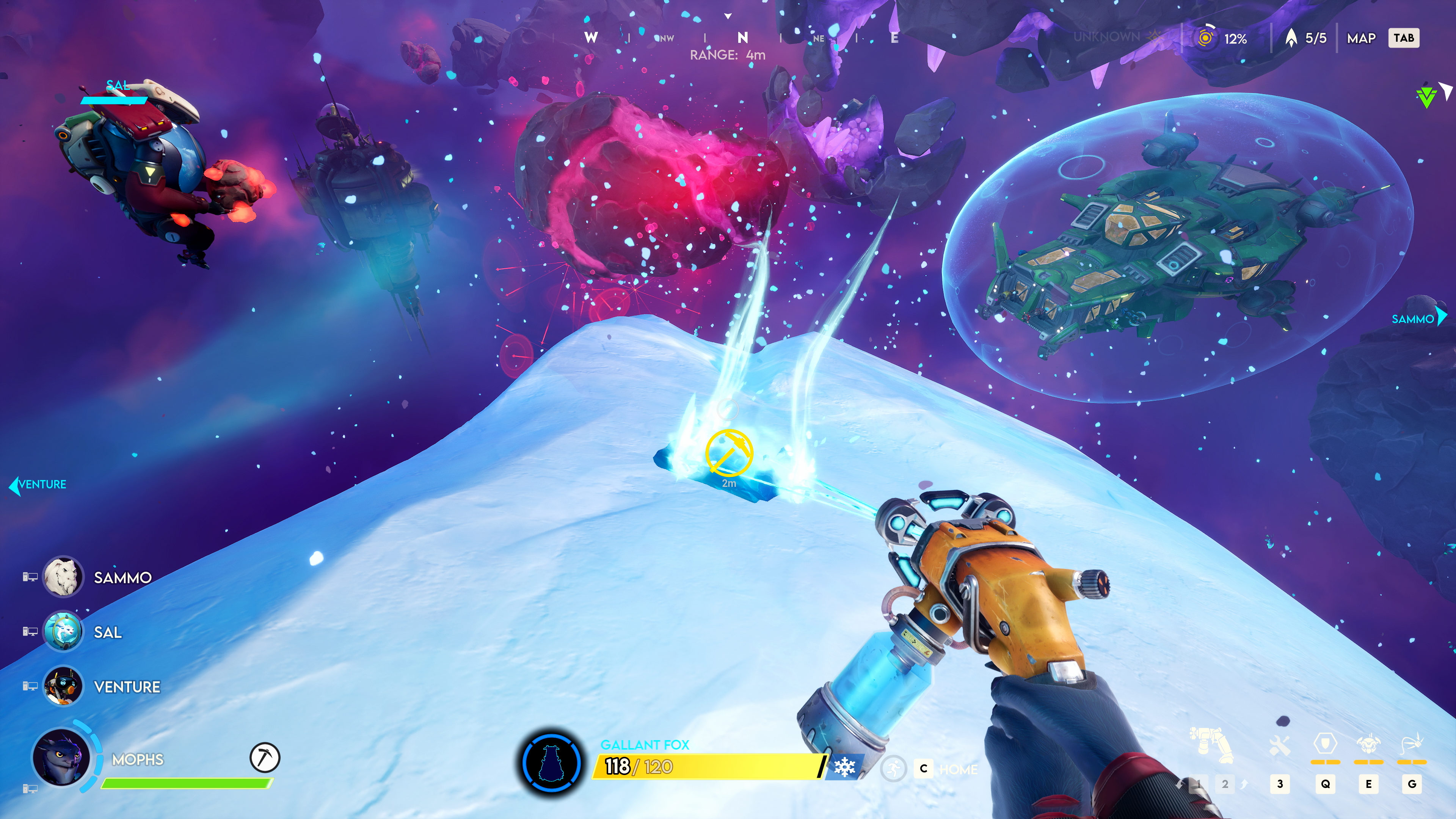
Amid discussions at GDC about the industry's ongoing crisis and the tension between prioritizing profits and craft, Morhaime argued that the two are not mutually exclusive. He stressed the need for an environment that fosters innovation through safety and experimentation, stating, "We're certainly not against these products being successful and making a lot of money. I think it's about the focus. What are these teams focusing on? And they're not focusing every day on how they maximize profitability at every step. They're trying to make the best experience possible, which we think in the end is the right business strategy anyway and positions us better to be successful in the long run."
Reflecting on his time at Blizzard, Morhaime highlighted the importance of an iterative development process. He described it as non-linear, involving adaptability and flexibility to overcome obstacles and refine the game. In contrast, the biggest difference at Dreamhaven is the agency given to studio leadership teams. He explained, "The central company or the central teams are really there to support the needs of the studio, and our studio heads and leadership, they're also founding members of Dreamhaven. So, it's really more of a partnership."
Addressing the controversial topic of generative AI in gaming, Morhaime expressed cautious optimism. While Dreamhaven has limited its use to research and internal policy drafting, he acknowledged the technology's potential and complexities, saying, "I think it's undeniable that it will impact all of us in all sorts of ways that we can just speculate on now. I think a lot of those ways are going to be very positive, and some of them are scary, but I also don't think you can just shut it off and put it back in a box."
Regarding the upcoming Nintendo Switch 2, Morhaime commented on the potential disruption and excitement of console transitions. While Sunderfolk and Lynked are slated for the Switch, Wildgate was notably absent from the platform's announcement. Morhaime remains optimistic about the opportunities console transitions present for gaming startups.
As our conversation concluded, I asked Morhaime if Dreamhaven has achieved the mission he set out five years ago. He believes they have not yet reached that status as a "beacon to the industry." He emphasized the need to release successful games to build a reputation and trust among gamers, stating, "Really what I want to see happen is for Dreamhaven to build a reputation with gamers that the brand stands for something, a seal of quality, hopefully, that hopefully there's some trust that we've built up where players know that if a game is coming from Dreamhaven, regardless of genre, that it's going to be something very special and they'll want to have the curiosity to check it out."


 10 Images
10 Images



 LATEST ARTICLES
LATEST ARTICLES 